Social media might not be the primary cause of mental health issues, as our research confirmed this week, but it certainly plays a role in negatively impacting our mental wellbeing. Just last week it was found that platforms like Instagram and Twitter use the same technique as gambling firms to encourage users back onto their sites.
Now, Instagram is getting ahead of the negative press and is launching a new feature to ensure the platform is used positively - Usage Insights - which will show users how much time they spend on the app. We know what you’re thinking, NO ONE needs to know how many hours they’ve wasted scrolling through endless pictures of other people’s supposedly fabulous lives, or #spon for products you know no one uses. However, when it comes to mental health, the feature could actually be a blessing in disguise. We all talk about reducing our social media usage, perhaps even quitting altogether, but when it comes down to it and it’s 11pm on a Thursday night, there you are watching everyone else have fun right before bed - the prime time you shouldn’t be on social media, apparently.
This feature will not only give you the wake-up call you may need to cut your usage down for good, but it will also make all of us more conscious of allotting certain amounts of time for social media use. This is what Daria Kuss, an expert in cyberpsychology from Nottingham Trent University, advises when it comes to healthy social media use.
‘What I often say to people is to make time for social media use’, Kuss told Grazia, ‘This may be counterintuitive in the first place because we may want to limit the amount of time that we spend on it, but if we were to use it for an hour in the morning and an hour in the evening then you can get it out of your system, and not constantly be checking which may then be associated with problems.’
According to Kuss, allotting time slots to social media use means that when we’re not using it, we’re more likely to keep up with our friends and family in traditional ways, as in we might actually see them face-to-face more. The lack of face-to-face contact is one of the primary concerns that people have about heavy social media use, so encouraging it is vital to combat feelings of loneliness and isolation, which can lead to mental health issues.
This is something Instagram CEO Kevin Systrom seems to agree with, confirming reports of the Usage Insights tool on Twitter, stating:
‘We're building tools that will help the IG community know more about the time they spend on Instagram – any time should be positive and intentional.
‘Understanding how time online impacts people is important, and it's the responsibility of all companies to be honest about this. We want to be part of the solution. I take that responsibility seriously.’
This comes in the wake of their new policy on cyberbullying, which promises to filer comments that intend to harass or upset people on the platform.
Whether or not the features will have a huge impact on the way we use Instagram remains to be seen, but the way Instagram is taking steps to improve the way we interact with the app and are affected by it is promising for the future of social media.
Looking for some natural anti-depressants? Check these out...
Discover: Natural Anti Depressants
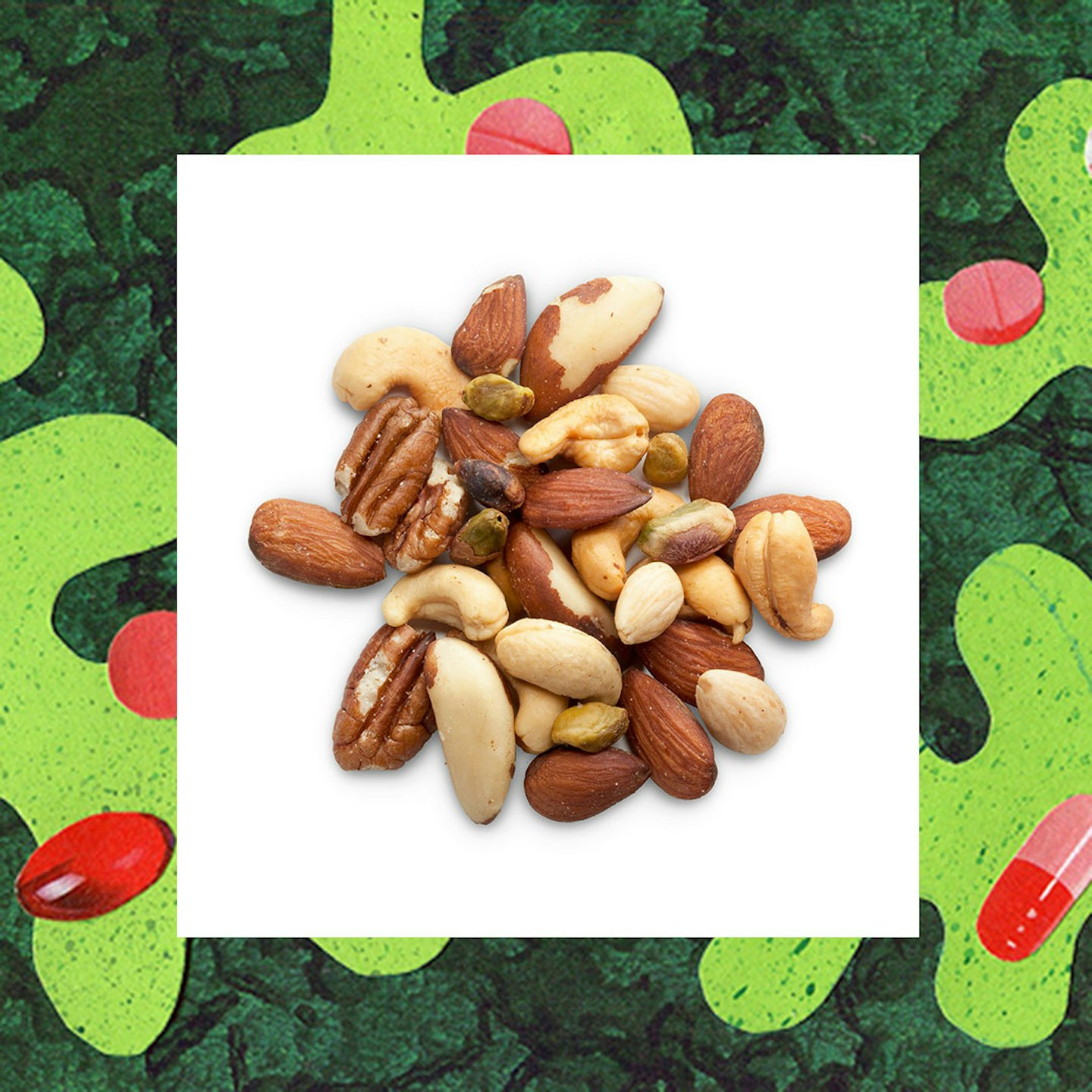 1 of 11
1 of 11Omega 3
Omega-3 fatty acids are essential minerals which reduce inflammation and are vital to brain functions such as mood and memory. Your body doesn't produce them naturally so you can only get them in you via food (like fish, nuts and seeds) or dietary supplements.
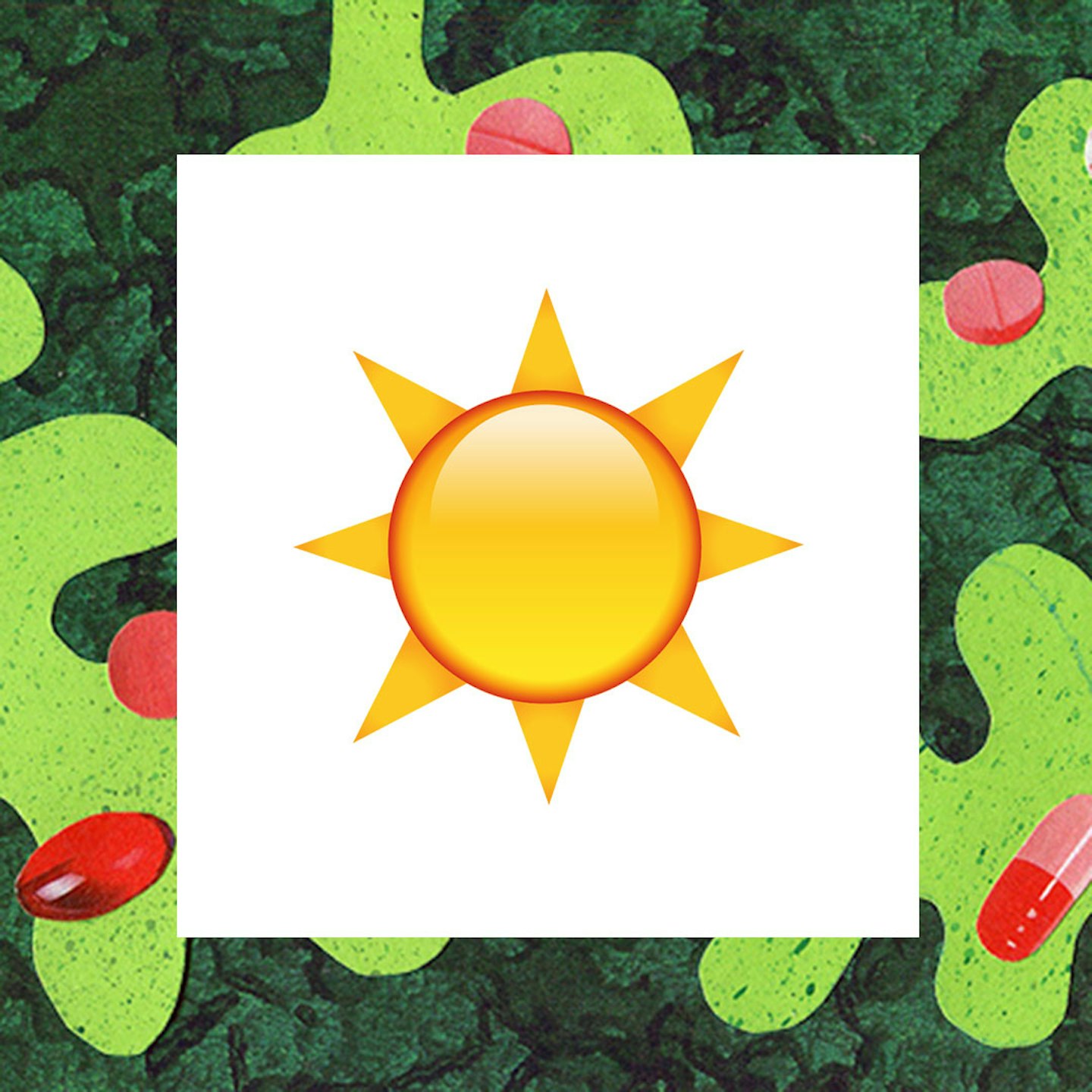 2 of 11
2 of 11Vitamin D
In addition to bone health, Vitamin D can play a vital role in the areas of the brain that are linked to the development of depression and other mental health problems.
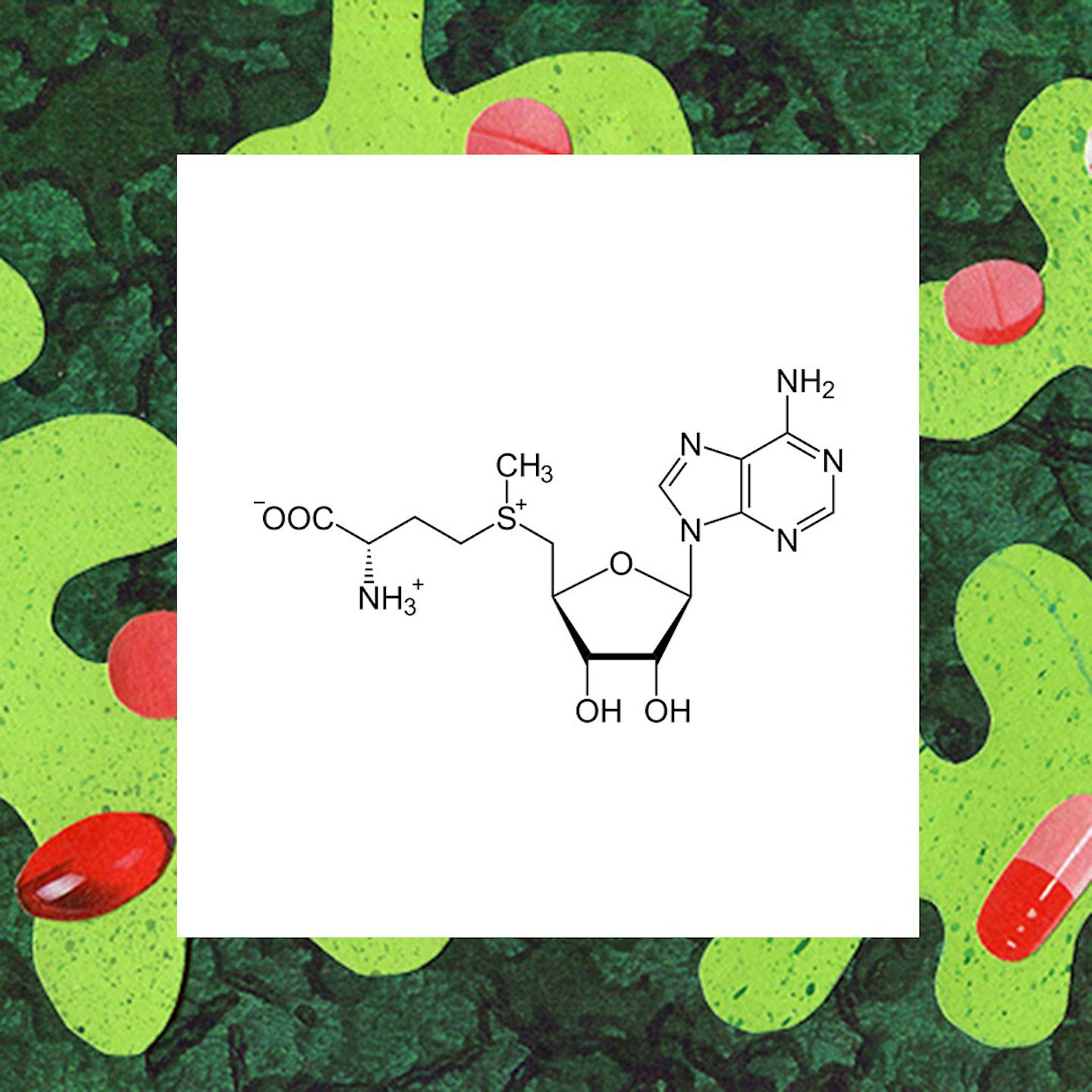 3 of 11
3 of 11S Adenosylemthionine
SAMeis a molecule that the body naturally forms and is available as a dietary supplement. In addition to depression and anxiety, it can be used for many other conditions including heart disease, fibromyalgia, tendonitis and many more. It is also recommended for PMS. It works by making sure that chemicals in the body that play a role in pain, depression, liver disease, and other conditions, actually do their job.
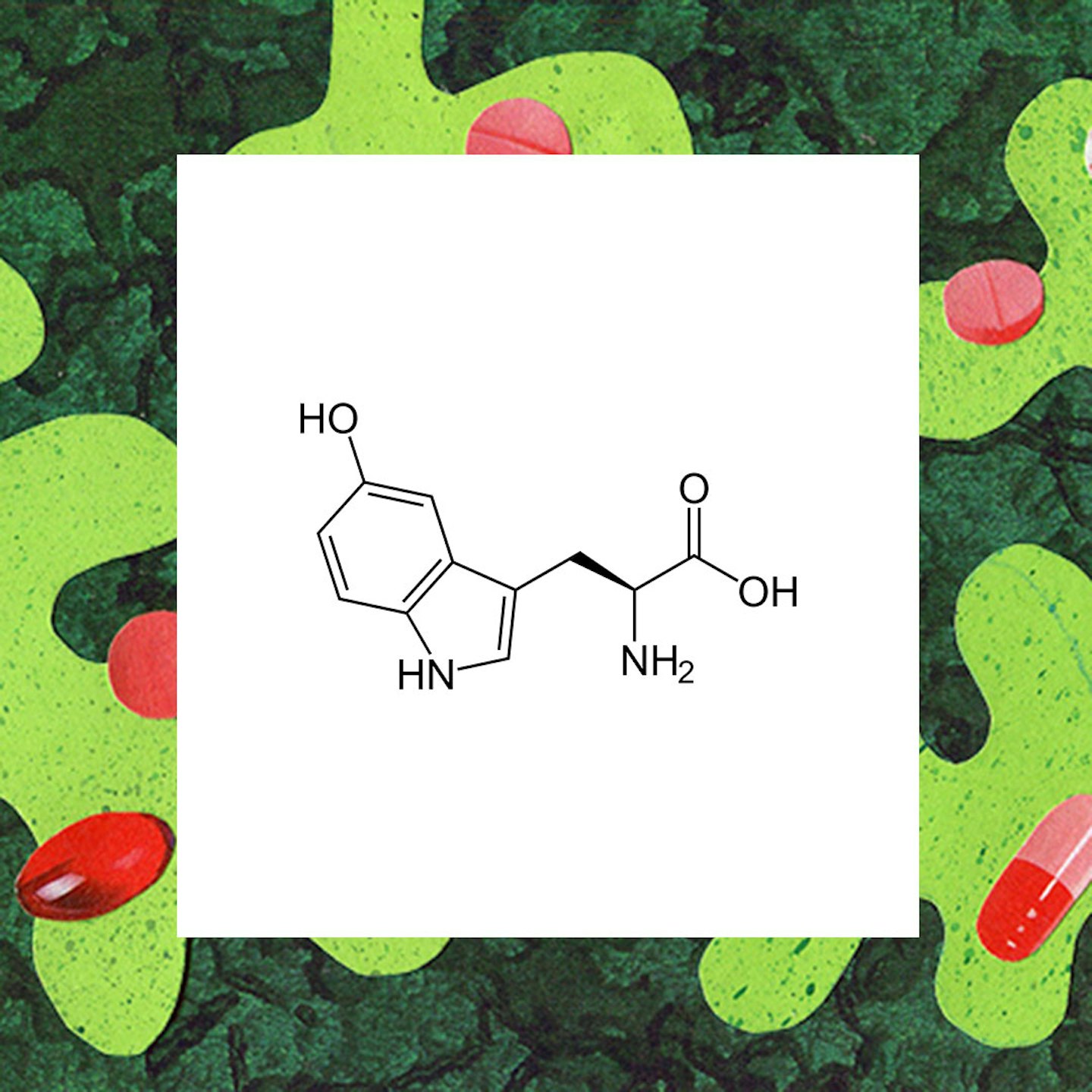 4 of 11
4 of 115-Hydroxytryptophan (5-HTP)
Like SAMe,5-HTP is also a chemical (an essential amino acid) that the body makes naturally. It works by helping to raise the serotonin (the happy hormone) levels in the brain. 5-HTP has been known to have a positive effect on sleep, mood, anxiety, appetite, and pain.
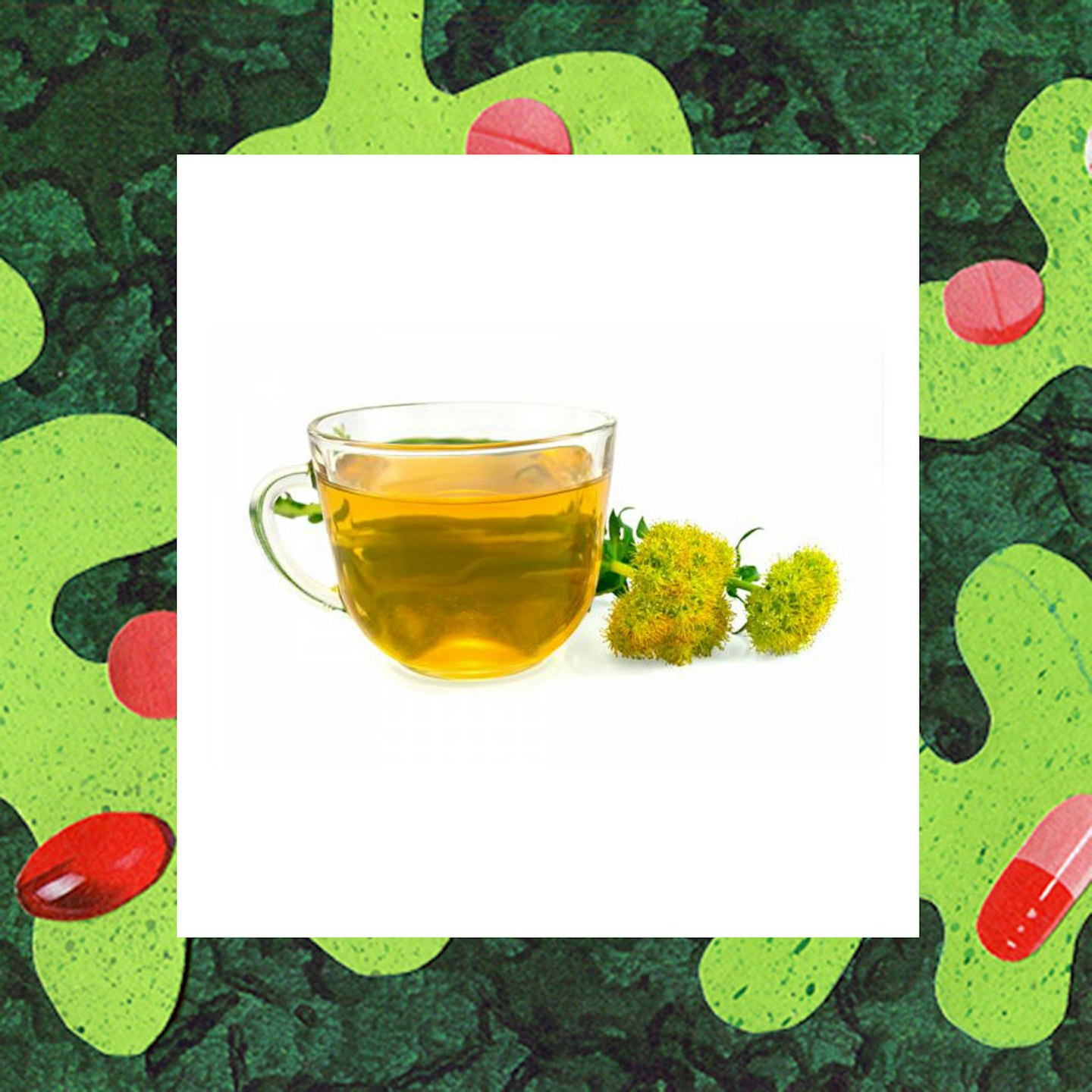 5 of 11
5 of 11Roseroot Herb
A study conducted on whether the Rhodiola Rosea (Roseroot) herb was effective for depression showed that it was almost as effective as the popular antidepressant, Sertraline (Zoloft), but with fewer side effects. The herb boasts strengthening the nervous system, fighting depression, enhancing the immune system and memory, elevating stamina, aiding in weight-loss and increasing sexual function.
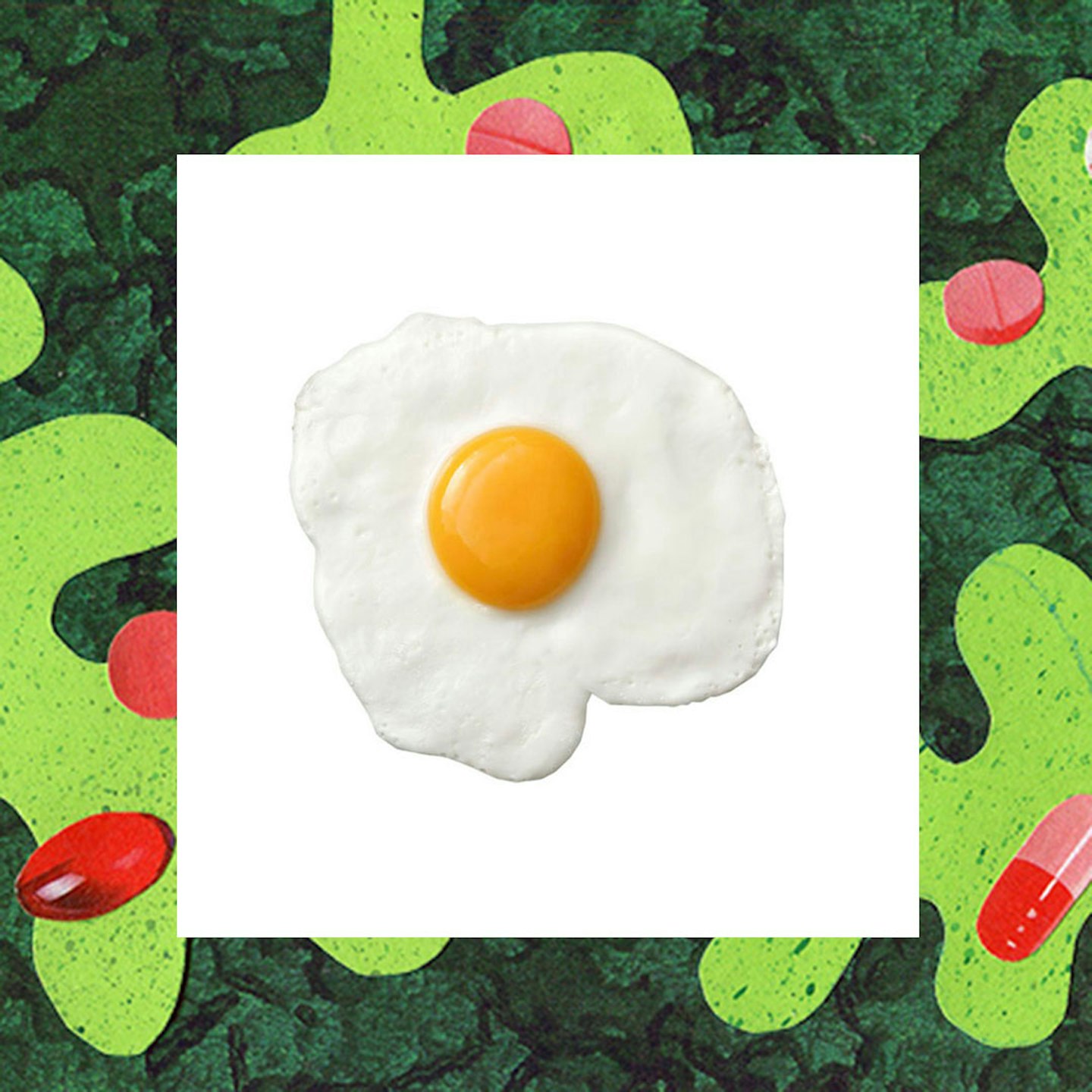 6 of 11
6 of 11Iron
A lot of adults, especially women, suffer from iron deficiency, and guess what? Iron deficiency symptoms are pretty similar to depression symptoms, i.e. fatigue, irritability, and foggy brain. The recommended daily iron allowance in adults is roughly 8 to 18 mg daily (check with your doctor though because everyone's number is different).
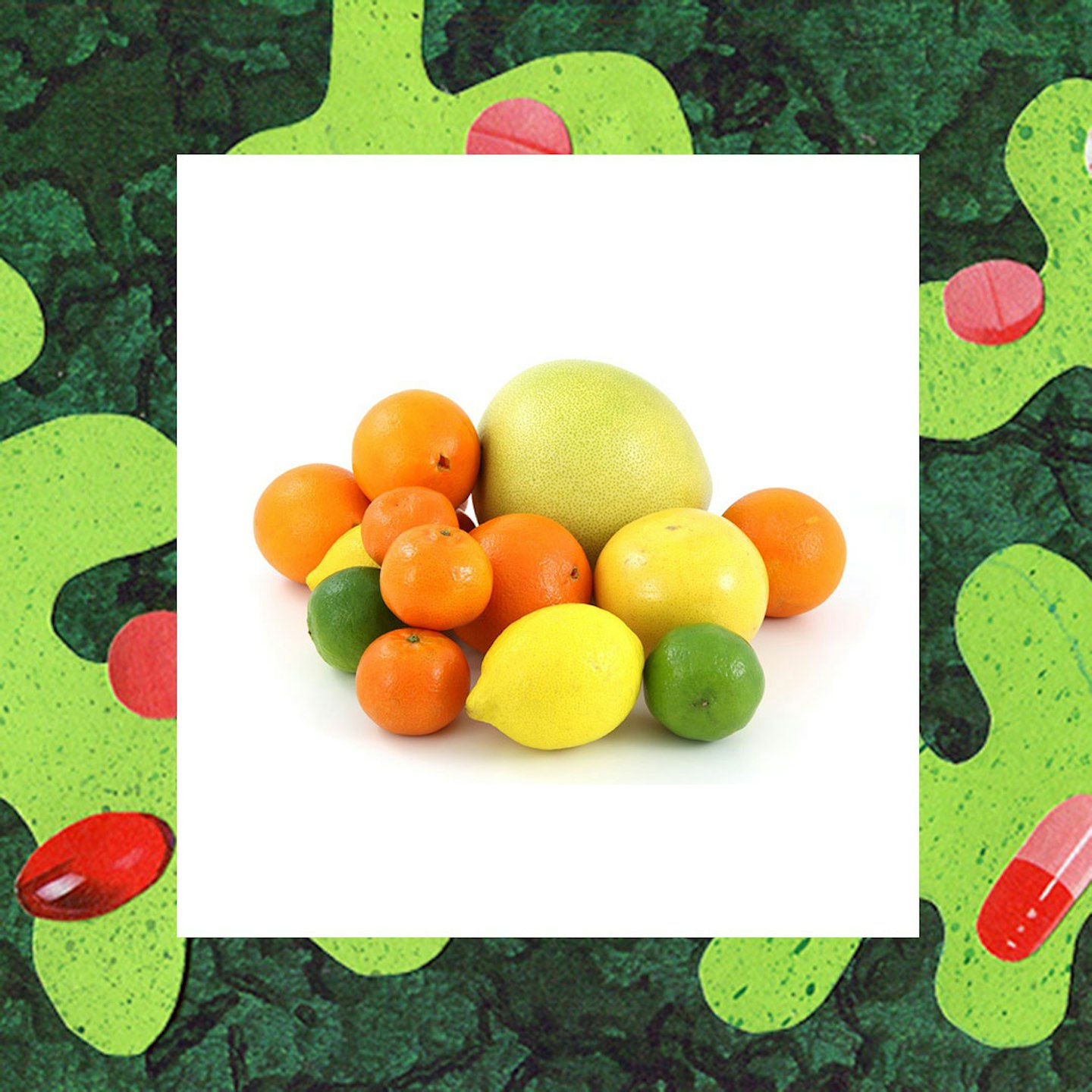 7 of 11
7 of 11Folate
If you don't have enough folate, antidepressants may not work. Some docs prescribe folate along with antidepressants to treat depression and improve the effectiveness the medication. Most adults need at least 0.4mg daily, which you can though food including dark leafy greens, beans and citrus fruit, or as a supplement.
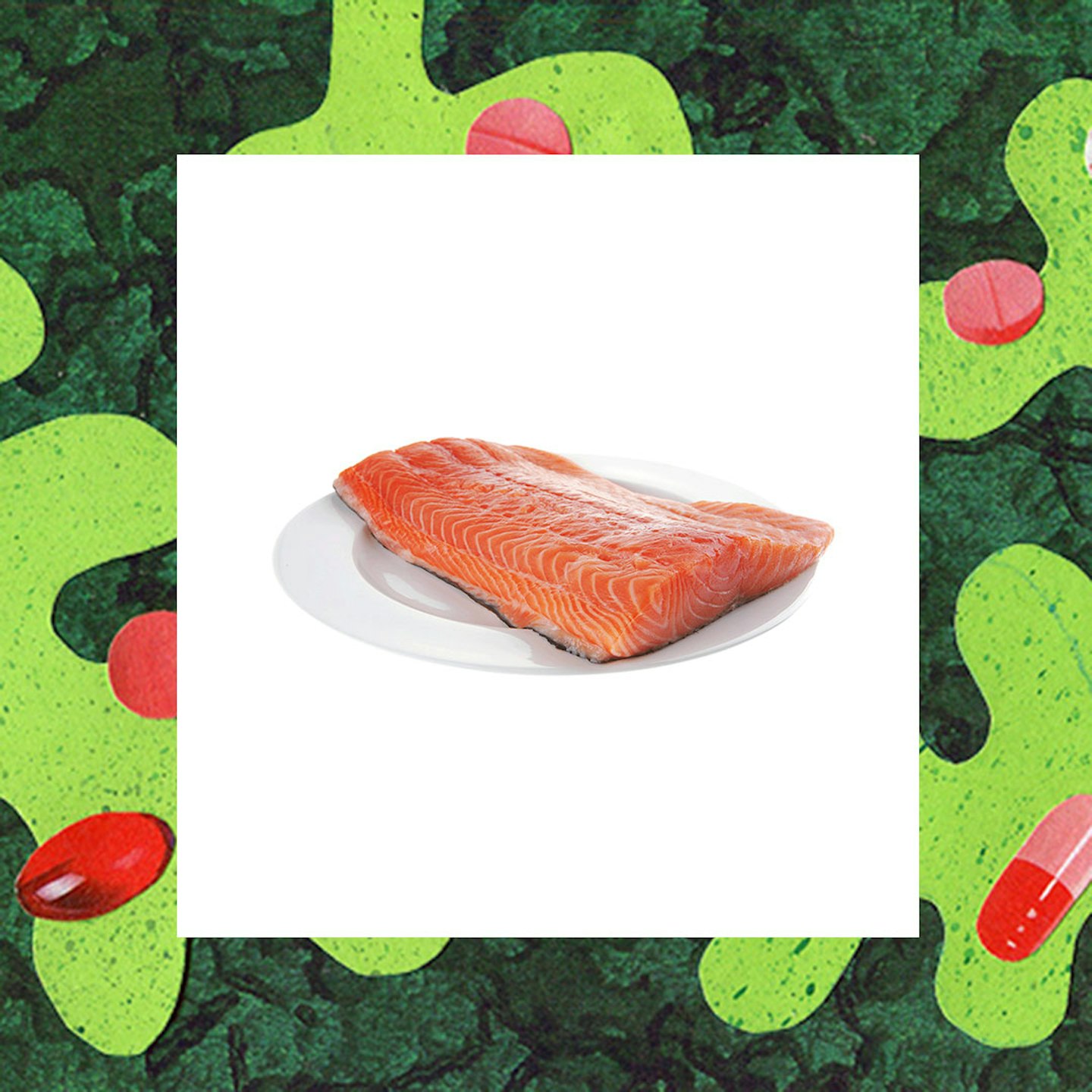 8 of 11
8 of 11B12
Vitamin B-12 and other B vitamins can play a role in producing mood-affecting brain chemicals and low levels of these may be linked to depression. If you have a poor diet and the body can not absorb enough B vits, your mood can be severely affected. Getting a blood test will determine how much of the B goodness you have in your system, and whether you need to stock up. B vitamins are found in animal products like milk, fish, meat and eggs, so if you are a vegan, you should definitely be getting your B's from dietary supplements and vitamins.
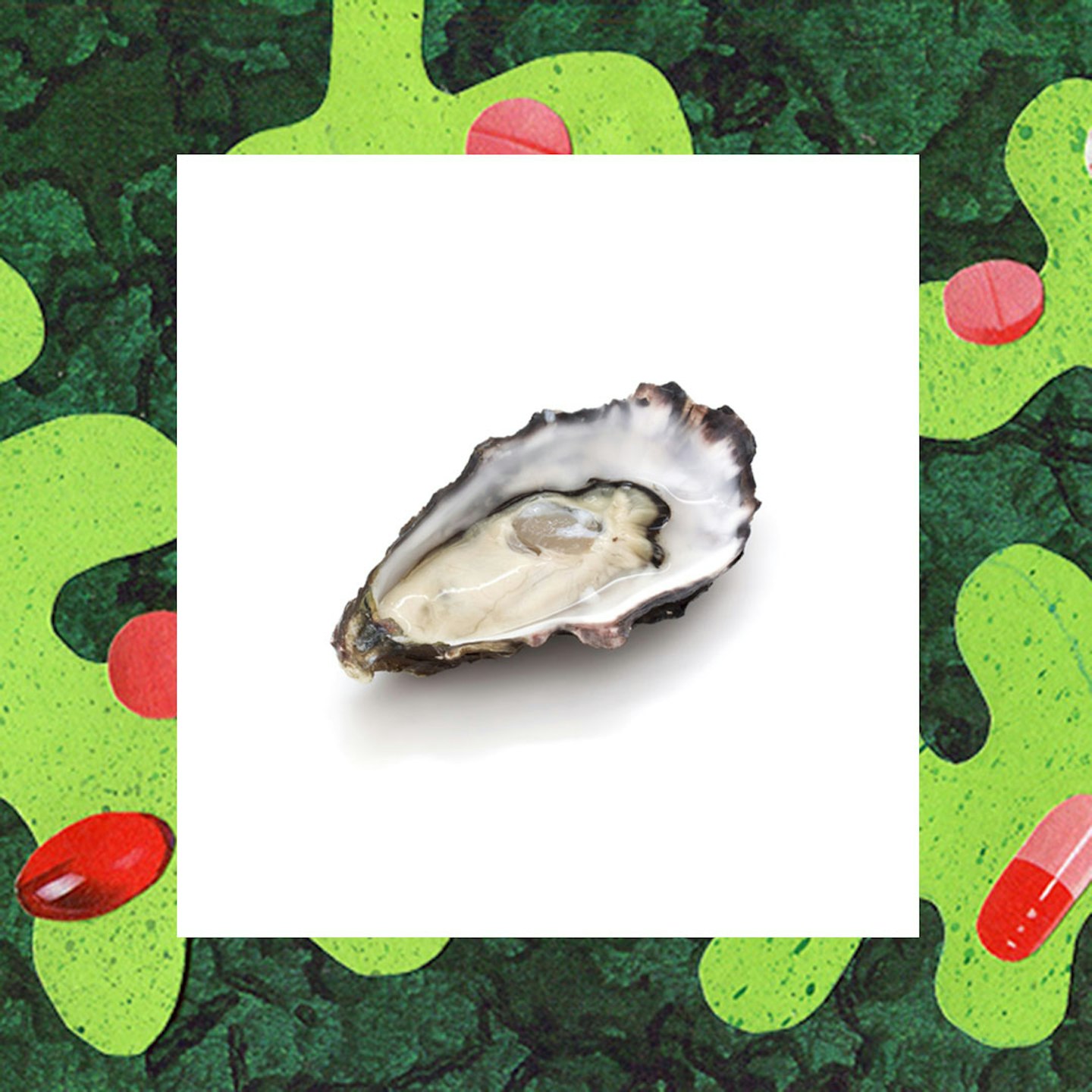 9 of 11
9 of 11Zinc
Zinc is crucial to our system as it activates our digestive enzymes breaking down food, and helps prevent food allergies, which can avert depression. It also helps our DNA to produce and repair proteins, control inflammation and boost our immune system.
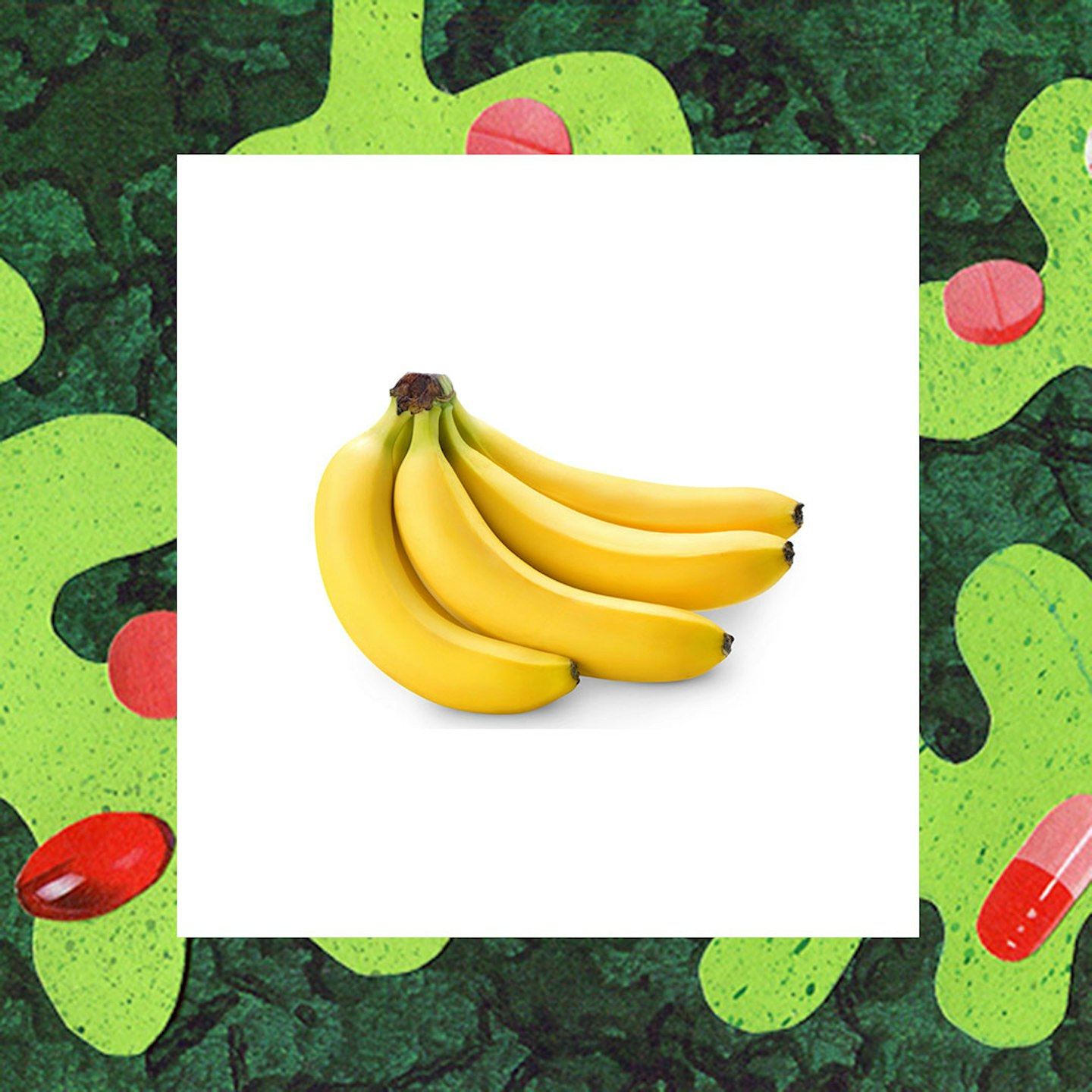 10 of 11
10 of 11Tryptophan
Tryptophan is an essential amino acid which you get through food such as bananas, tamarind, oats, sesame seeds, kiwi and watermelon. Once in the body, it converts to niacin, serotonin and melatonin. Most antidepressants work by increasing the amount of serotonin in the brain and Tryptophan helps to increase serotonin levelswithout the extreme side effects of meds.
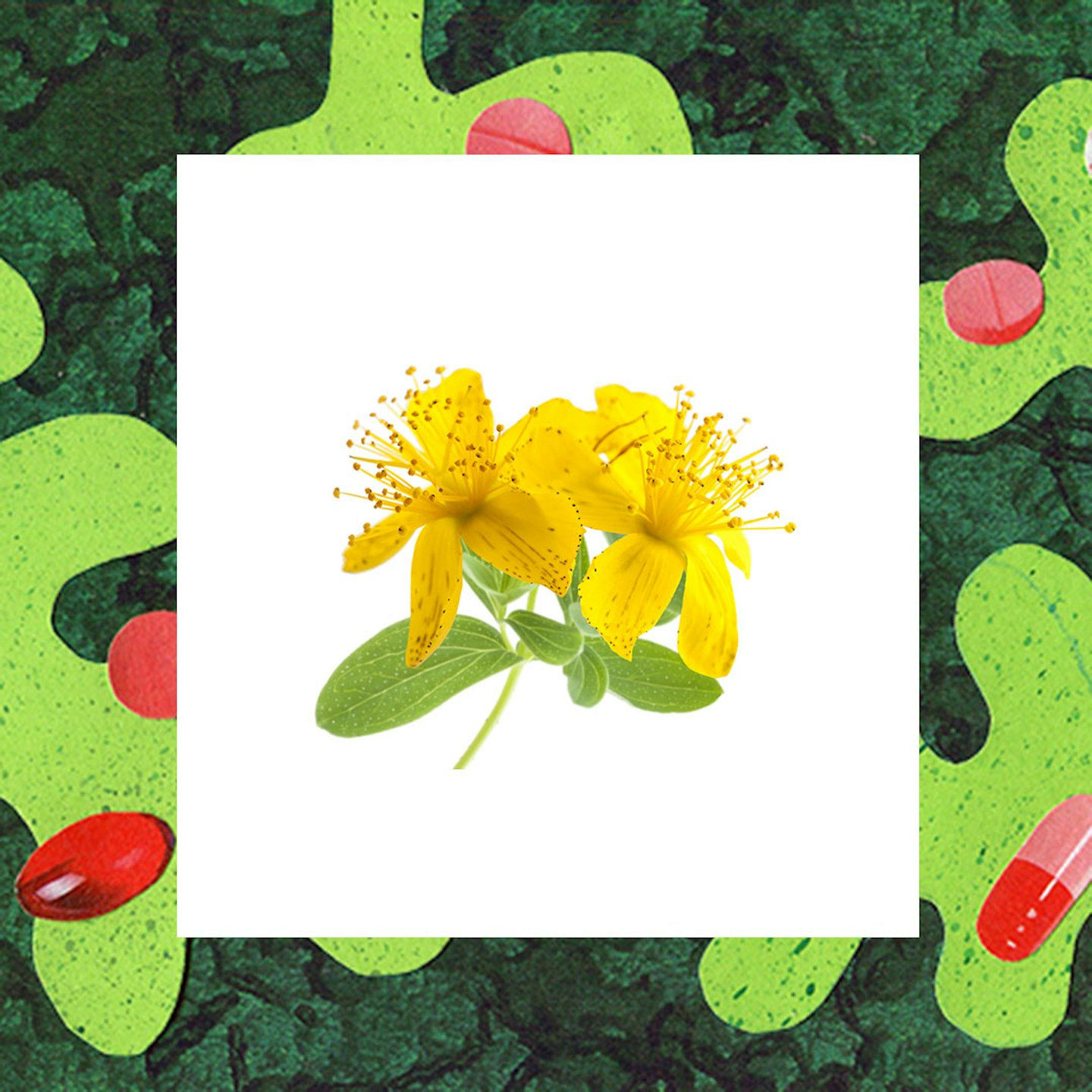 11 of 11
11 of 11St John Wort
St John's Wort has been around for yonks and is one of the most popular natural methods used for dealing with stress, anxiety and depression. It's a plant with yellow flowers. There has been some scientific evidence that St. John's wort may be helpful in treating mild depression. It's been claimed that it works just like regular antidepressants in that it inhibits the reuptake of the neurotransmitters serotonin, norepinephrine, and dopamine.
